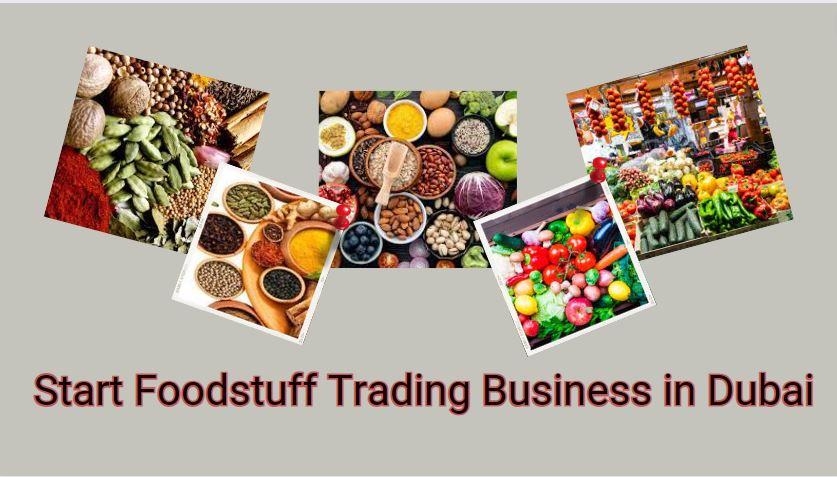Introduction
Dubai, with its strategic location and diverse population, offers an ideal environment for entrepreneurs looking to venture into the foodstuff trading business. The city's thriving food market and increasing demand for international products make it an attractive destination for aspiring traders. In this comprehensive guide, we'll walk you through the essential steps and important considerations to start a successful foodstuff trading business in Dubai.
Step 1: Market Research and Business Plan
Conduct thorough market research to understand the foodstuff industry in Dubai. Identify potential competitors, target markets, and popular food products. Develop a detailed business plan outlining your niche, sourcing strategies, marketing plans, and financial projections.
Step 2: Legal Structure and Company Setup
Choose a suitable legal structure for your business, such as a sole proprietorship, partnership, or limited liability company (LLC). An LLC is often preferred for foreign investors due to its liability protection. Register your company with the Department of Economic Development (DED) and obtain the necessary trade license for foodstuff trading.
Step 3: Trade Name Approval and Initial Approvals
Select a unique trade name for your foodstuff trading company and seek approval from the DED. Acquire initial approvals from relevant government authorities, including Dubai Municipality and the Food Safety Department, to ensure compliance with food safety regulations.
Step 4: Location and Warehouse Setup
Secure a suitable location for your business operations and warehousing needs. The location should adhere to zoning regulations and have sufficient storage capacity for your food products.
Step 5: Source Suppliers and Products
Establish strong relationships with reputable local and international suppliers for your foodstuff products. Ensure that the products meet all quality and safety standards set by the UAE authorities.
Step 6: Obtain Import and Export Permits
To import and export food products in Dubai, you'll need to obtain the necessary permits from Dubai Customs and other relevant authorities. Comply with all import and export regulations to avoid any legal issues.
Step 7: Register with Dubai Municipality
Register your foodstuff products with Dubai Municipality to ensure they are approved for sale in the local market. This step is essential to meet the city's stringent food safety and quality standards.
Step 8: Hiring and Staff Training
Employ a skilled team to manage your trading operations, including logistics, sales, and customer service. Provide training on food handling, safety protocols, and product knowledge to ensure smooth operations.
Step 9: Marketing and Promotion
Create a strong marketing strategy to promote your foodstuff trading business. Utilize digital marketing, social media, and participation in trade fairs to reach potential customers.
Step 10: Comply with VAT and Tax Regulations
Ensure compliance with the UAE's Value Added Tax (VAT) and other tax regulations related to foodstuff trading. Keep accurate records of all transactions and file tax returns on time.
Conclusion
Starting a foodstuff trading business in Dubai requires careful planning, adherence to regulations, and a dedication to quality and customer satisfaction. With a well-thought-out business plan and proper execution, you can tap into Dubai's thriving food market and build a successful trading venture. Seek advice from business consultants and legal experts to navigate the complexities of foodstuff trading regulations and set yourself up for long-term success in this dynamic business landscape.



